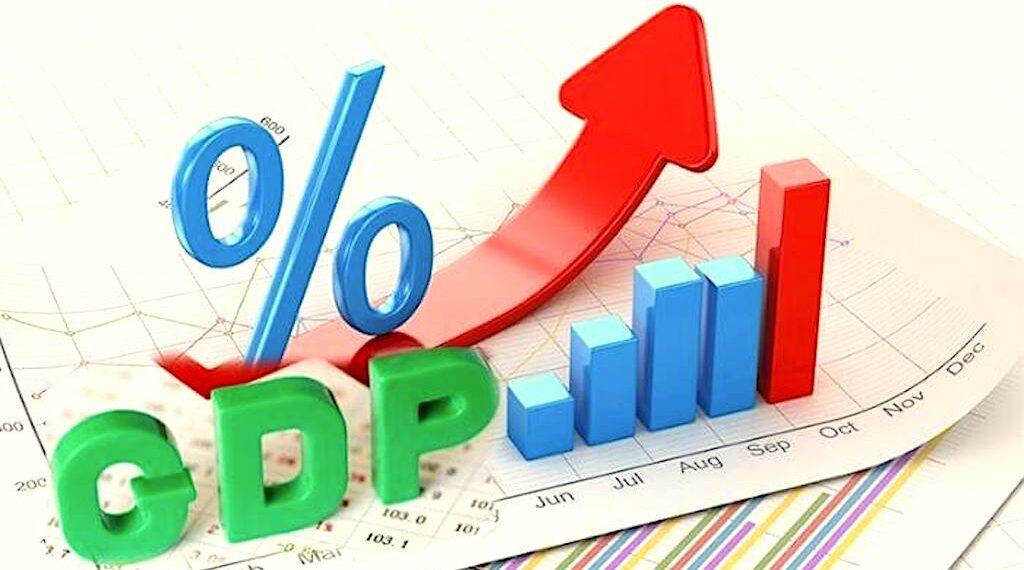The Middle East conflict is escalating, and the world is bracing for a potential oil price shock. Iraqi Foreign Minister Fuad Hussein has warned that oil prices could soar to $300 per barrel if the conflict intensifies, particularly if the Strait of Hormuz is closed. This critical maritime passage is the gateway for about 20% of the world’s oil supply, and its closure could have far-reaching consequences.
The situation began to unfold on Friday morning when Israeli jets bombed military and nuclear sites across Iran, sparking an ongoing exchange of hostilities between the two countries. Hussein’s warning came during a phone conversation with German Foreign Minister Johann Wadephul, in which he emphasized that oil prices could surge to between $200 and $300 per barrel if military operations escalate. This, in turn, would significantly increase inflation rates in European countries and complicate oil exports for producing states like Iraq.
The potential closure of the Strait of Hormuz is a major concern, as it could result in the loss of approximately five million barrels per day from Gulf and Iraqi oil supplies in the global market. Iranian MP and Islamic Revolutionary Guard Corps commander Esmail Kousari has stated that Tehran is seriously considering closing the strait to shipping, which would have a devastating impact on global oil prices. Analysts estimate that in a severe scenario, oil could surge to $130 per barrel, while other experts suggest that a complete blockade could push prices even higher, reaching $300 per barrel.
The effects of the conflict are already being felt, with Brent crude prices rising 7% on Friday to $74.23 per barrel in response to the first attacks. While Israel has not targeted Iran’s main oil export facilities, analysts warn that future strikes could severely impact oil supplies. The Islamic Republic could retaliate by disrupting oil shipments through the Strait of Hormuz, leading to a significant increase in oil prices. In Russia, the head of the Federation Council’s information policy commission, Aleksey Pushkov, has also warned that the conflict between Israel and Iran could lead to a significant increase in oil prices due to Tehran’s possible blocking of the Persian Gulf.
As the situation continues to unfold, the world watches with bated breath, aware that the consequences of the Middle East conflict could be far-reaching and devastating. The potential closure of the Strait of Hormuz and the resulting oil price shock could have a profound impact on the global economy, making it essential to monitor the situation closely and seek a peaceful resolution to the conflict.



